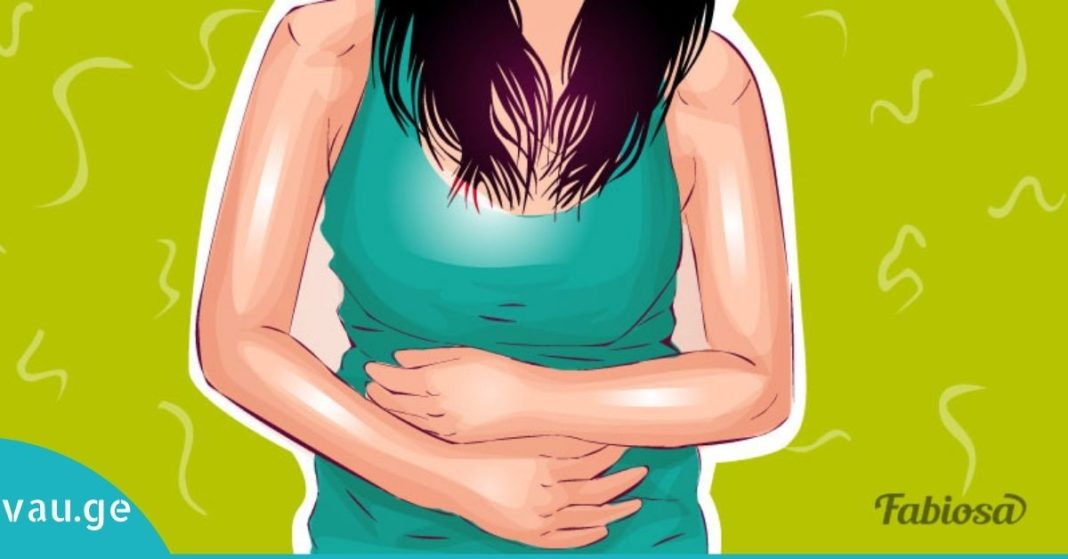Constipation is a widespread condition, but many patients hide their problem for years due to embarrassment. It is important to understand that constipation often leads to serious consequences. Moreover, it somewhat reduces the quality of life.
What Types of Constipation Exist and What Contributes to Its Development?
Constipation can be classified as either acute or chronic. Acute constipation develops over a period of several hours, days, or weeks. On the other hand, constipation that lasts longer than three months is considered chronic.
Having a bowel movement once a day is generally considered normal. However, only about one-third of the population has daily bowel movements. Meanwhile, roughly three-quarters of people have regular bowel movements only once every two days.
How Can We Treat Constipation?
In elderly individuals, several factors often combine to contribute to constipation. These factors include physical inactivity, a diet low in fiber, inadequate fluid intake, and the consumption of many medications. Because of this, patients are advised to change their lifestyle and daily habits.
To treat constipation, laxatives are commonly used. These medications accelerate evacuation in the large intestine. Some natural laxatives include senna leaves, buckthorn bark, aloe, castor oil, phenolphthalein, bisacodyl, and others. Treatment also includes exercises that stimulate bowel movement. For example, abdominal exercises can help encourage evacuation.
Self-massage is also beneficial. Patients should learn how to perform abdominal massage by rubbing the stomach area in the direction of the large intestine. This massage is best done in the morning while still in bed and should last about 5 to 10 minutes.
Regular physical exercise, especially when combined with a proper diet, helps prevent constipation. It is recommended to increase fluid intake and consume foods rich in dietary fiber. Such foods are considered the most natural laxatives.
Foods should contain plant fibers that increase the volume of fecal matter. Examples include whole grain bread and fresh vegetables. Elderly patients, in particular, should drink between 1.5 and 2 liters of fluids daily to avoid dehydration and reduce the risk of constipation.
Probiotics are also used as dietary supplements to improve bowel function. These supplements contain live microorganisms that selectively promote the growth and activity of certain beneficial bacteria in the large intestine, such as Lactobacillus species. One common prebiotic is lactulose, which is safe to use.
Suppositories and enemas are additional aids that help with proper bowel evacuation. Often, these methods are combined for better results.


















